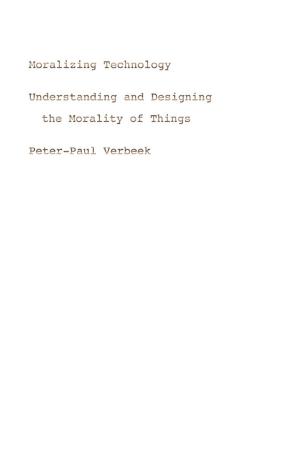The Future of Illusion
Political Theology and Early Modern Texts
Nonfiction, Religion & Spirituality, Philosophy, Religious, Fiction & Literature, Literary Theory & Criticism| Author: | Victoria Kahn | ISBN: | 9780226083902 |
| Publisher: | University of Chicago Press | Publication: | January 13, 2014 |
| Imprint: | University of Chicago Press | Language: | English |
| Author: | Victoria Kahn |
| ISBN: | 9780226083902 |
| Publisher: | University of Chicago Press |
| Publication: | January 13, 2014 |
| Imprint: | University of Chicago Press |
| Language: | English |
In recent years, the rise of fundamentalism and a related turn to religion in the humanities have led to a powerful resurgence of interest in the problem of political theology. In a critique of this contemporary fascination with the theological underpinnings of modern politics, Victoria Kahn proposes a return to secularism—whose origins she locates in the art, literature, and political theory of the early modern period—and argues in defense of literature and art as a force for secular liberal culture.
Kahn draws on theorists such as Carl Schmitt, Leo Strauss, Walter Benjamin, and Hannah Arendt and their readings of Shakespeare, Hobbes, Machiavelli, and Spinoza to illustrate that the dialogue between these modern and early modern figures can help us rethink the contemporary problem of political theology. Twentieth-century critics, she shows, saw the early modern period as a break from the older form of political theology that entailed the theological legitimization of the state. Rather, the period signaled a new emphasis on a secular notion of human agency and a new preoccupation with the ways art and fiction intersected the terrain of religion.
In recent years, the rise of fundamentalism and a related turn to religion in the humanities have led to a powerful resurgence of interest in the problem of political theology. In a critique of this contemporary fascination with the theological underpinnings of modern politics, Victoria Kahn proposes a return to secularism—whose origins she locates in the art, literature, and political theory of the early modern period—and argues in defense of literature and art as a force for secular liberal culture.
Kahn draws on theorists such as Carl Schmitt, Leo Strauss, Walter Benjamin, and Hannah Arendt and their readings of Shakespeare, Hobbes, Machiavelli, and Spinoza to illustrate that the dialogue between these modern and early modern figures can help us rethink the contemporary problem of political theology. Twentieth-century critics, she shows, saw the early modern period as a break from the older form of political theology that entailed the theological legitimization of the state. Rather, the period signaled a new emphasis on a secular notion of human agency and a new preoccupation with the ways art and fiction intersected the terrain of religion.















